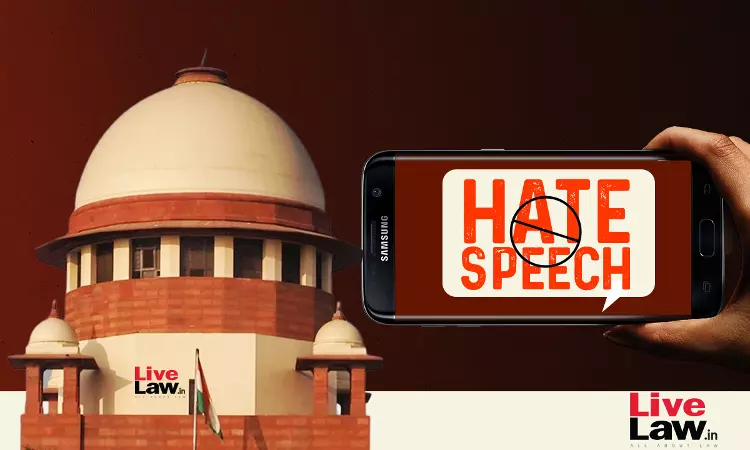Explainer | What Every Voter Should Know - The Law On Hate Speech By Electoral Candidates
Anmol Kaur Bawa
25 May 2024 9:52 AM IST

Next Story
25 May 2024 9:52 AM IST
With every polling phase that has passed, the ongoing election season is witnessing increased anticipation - to know who will form the Government and decide the fate of the Country for the next five years. The influence of technology & social media has certainly overpowered the old days when election campaigns were attended physically. What however stays intact is the power of speech....
